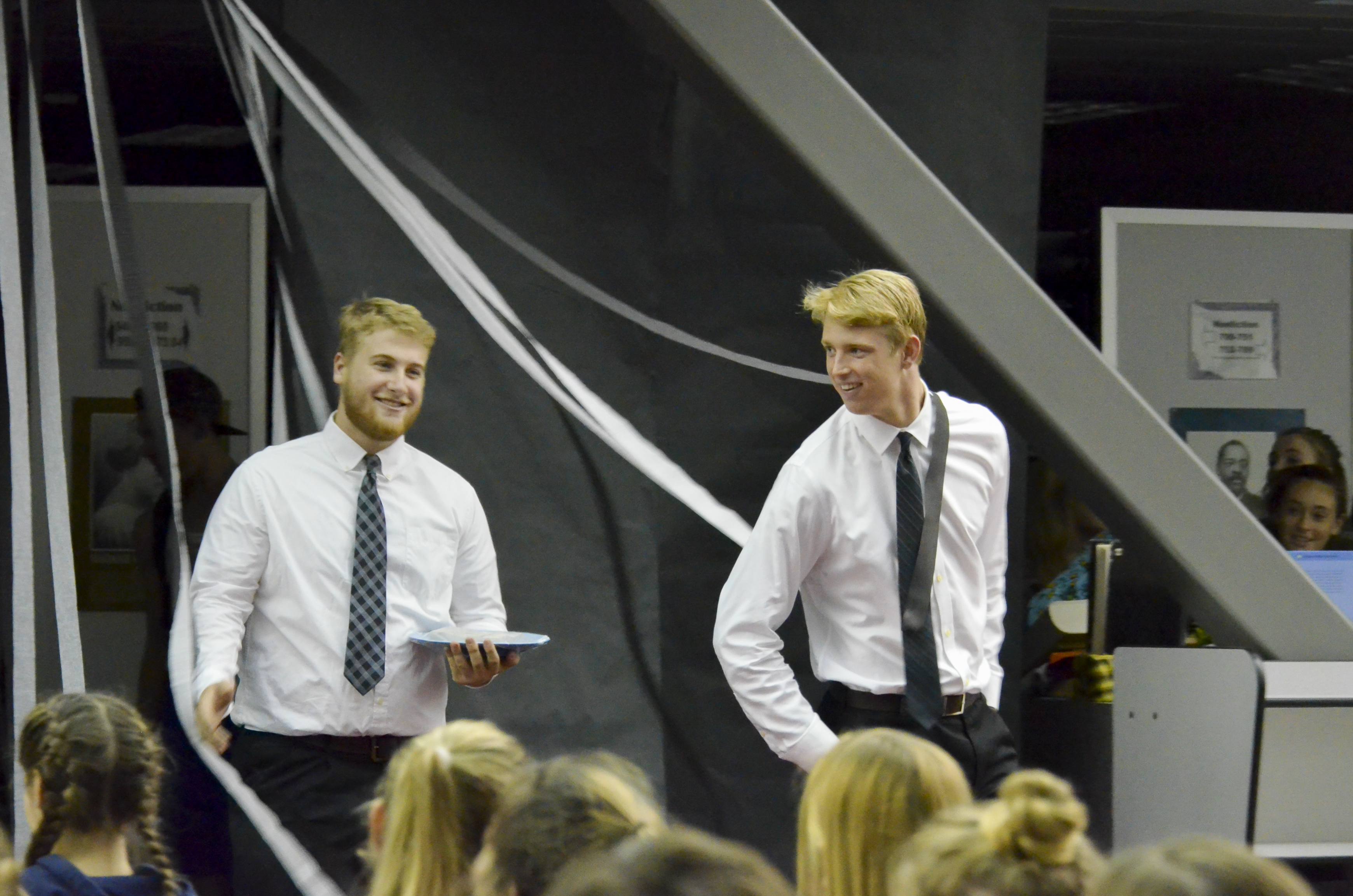Inconsistencies among coaching wages raise questions, concerns
By Lyah Fitzpatrick,
BlueDevilHUB.com Editor-in-chief–
As spring sports roll around, so do concerns surrounding coaching wage rates.
According to a stipend list compiled by Derek Brothers, Davis Joint Unified School District Director of Personnel, coaching wages are categorized into four classes.
Class I, with a rate of $4705 per year, includes most head Varsity coaches. Class II, with a rate of $3245 per year, includes the remaining head Varsity coaches, as well as assistant varsity coaches and JV coaches for Class I sports.
With an even lower rate of $1785 per year, Class III encapsulates the remaining assistant varsity and JV coaches, while Class IV ($992) pertains to junior high coaches.
DJUSD Deputy Superintendent Matt Best says the categorization is determined by factors such as team size, competition frequency and season duration.
However, Davis High track and field coach Spencer Elliott finds that “there doesn’t seem to be a logical pattern to who gets paid what.” For example, the district allots one stipend to track and field, a sport technically made up of four different teams.
To fund the necessary amount of assistant coaches for track and field, Elliott relies on “booster donations” from team members. “What should be the burden of the district has to be the burden of the families,” he said.
DHS women’s varsity lacrosse coach Jennifer Morris also regards some of the wage disparities as unreasonable. She is granted a Class II wage rate, one that matches the wage rate of assistant varsity coaches for sports like basketball, field hockey and wrestling.
“It’s frustrating because you see other coaches doing the exact same job I do, and you know that they’re making a decent amount more,” she said.
When attempting to discuss the issue with administration, Elliott ran into an obstacle. “[Funding] is negotiated through the union, so admin can’t just change things,” he said.
Best shares that the rates were established with the Davis Teacher’s Association, a union for Davis teachers, in the late 1970s. “I think that there will always be differences between the levels of coaching positions,” he said.
Morris has “kinda just [given] up because it just goes back and forth and nothing ever changes.”
Despite their frustration, both Morris and Elliott make clear that money is not their main purpose for coaching.
“For me, at least, it’s not necessarily a financially driven decision,” Elliott said. “I could make a lot more money just doing something else.”
Morris does lose money by coaching. “[But] that’s not why we do it,” she said.




